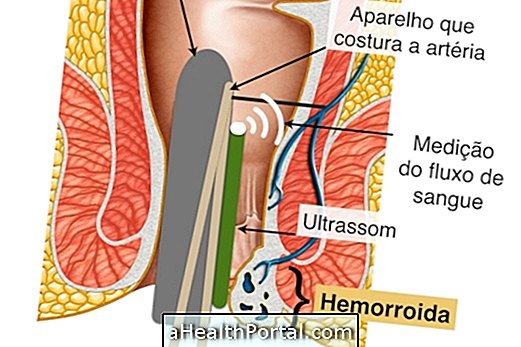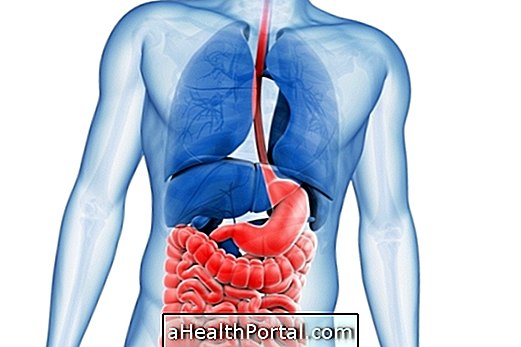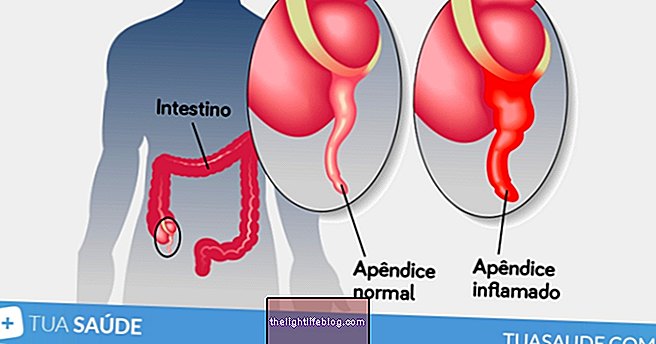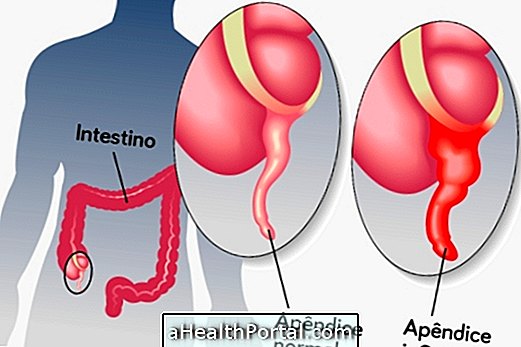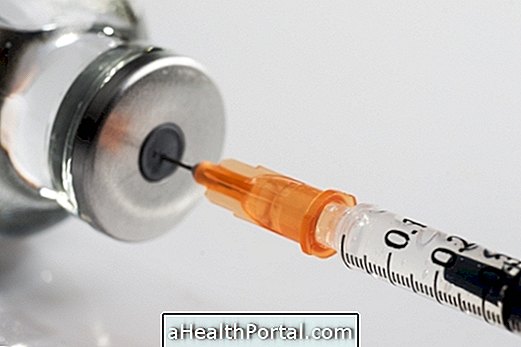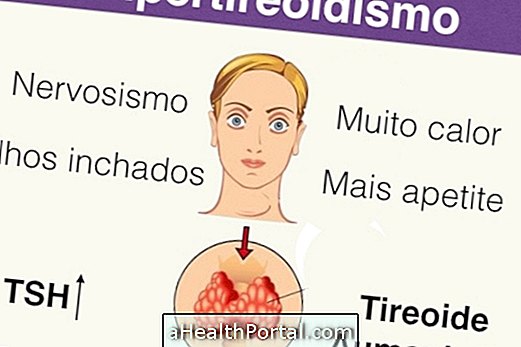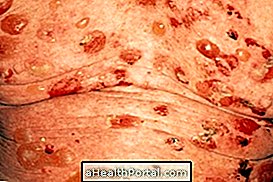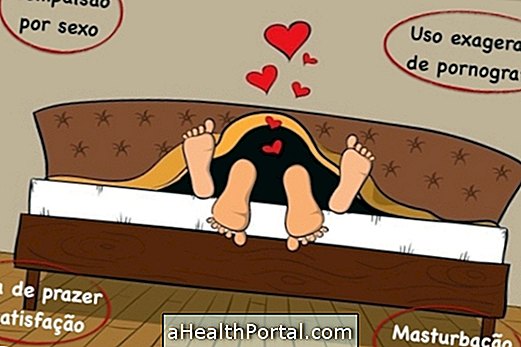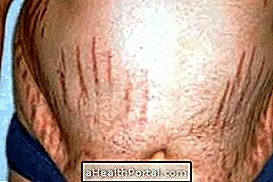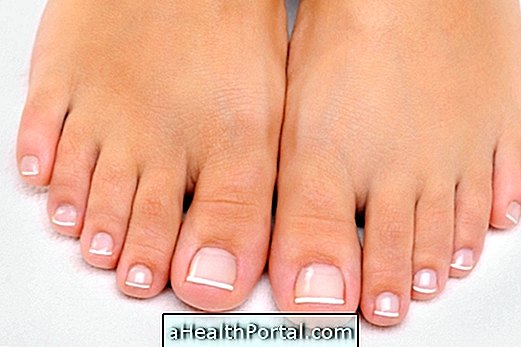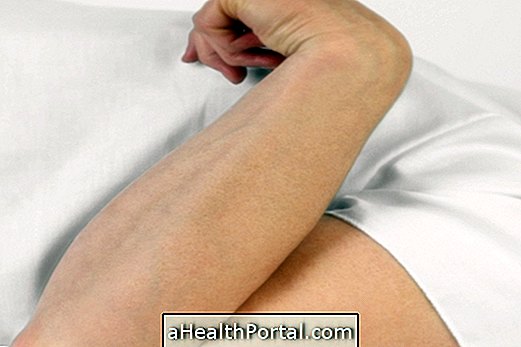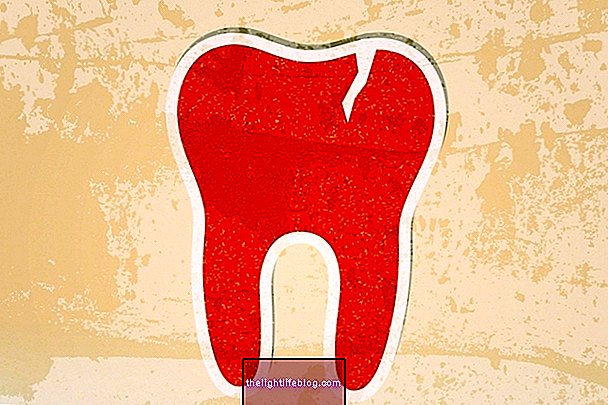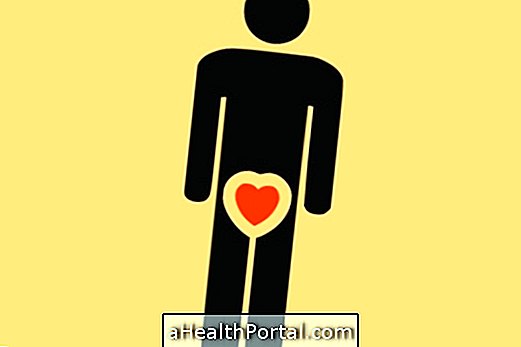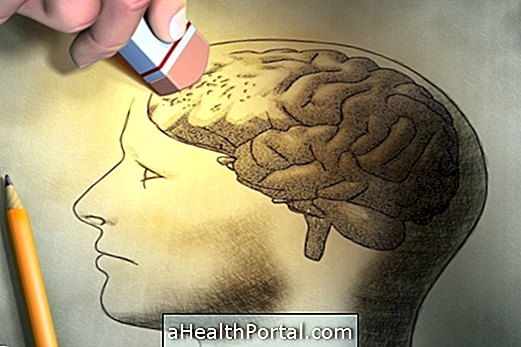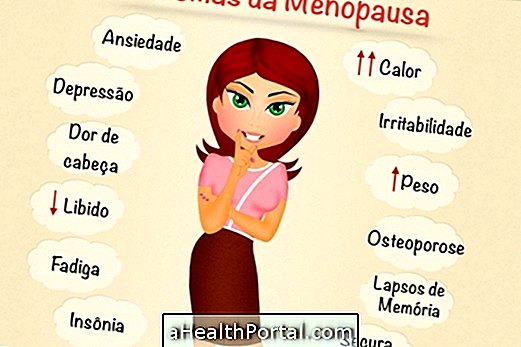Crohn's disease is a chronic disorder of the digestive system, which causes a chronic inflammation of the lining of the intestines. Some of the symptoms that this disease can cause include intestinal irritation, bleeding, sensitivity to some foods, diarrhea and intestinal pain.
This disease has no cure, so its treatment is only to relieve the symptoms. This is a silent disease that can take months or years to manifest the first symptoms, which makes it difficult to detect and diagnose.
Symptoms of Crohn's Disease
Crohn's disease can cause several symptoms including pain in the bowel, which worsens especially after meals, diarrhea and sometimes stool with blood and an urge to evacuate. Check the symptoms you have and see your chances of having this disease:
- 1. Periods of severe diarrhea with mucus or blood Yes No
- 2. Urgent urge to defecate, especially after eating Yes No
- 3. Frequent abdominal cramps Yes No
- 4. Nausea or vomiting Yes No
- 5. Loss of appetite and weight loss Yes No
- 6. Persistent low fever (between 37.5º and 38º) Yes No
- 7. Lesions in the anal region such as hemorrhoids or fissures Yes No
- 8. Frequent tiredness or muscle pain Yes No


In addition to these symptoms, it is also common to have lesions in the anal region that may include hemorrhoids, fissures or fistulas in the region of the anus. See other symptoms that this disease can cause in How to Identify Crohn's Syndrome.
Symptoms of this disease may be aggravated by the ingestion of certain foods, such as dairy foods, spicy or difficult to digest, for example, and can worsen in times of great stress and worry.
Causes of Crohn's disease
Although the causes of Crohn's disease are not entirely known, it is likely to be related to immune system deficiency, which causes an exaggerated response to certain infectious substances.
This disease can manifest itself at any stage of life, but it is more common to arise after periods of great stress or worry. Crohn's disease can affect both men and women, and its onset may also be related to the family history of the disease.
How is the treatment done?
Crohn's disease has no cure and therefore its treatment serves to alleviate the sensed symptoms. Therefore, as there is no defined treatment, in the periods of crisis drugs can be given to relieve the pain and to calm the diarrhea.
In more severe cases, surgical intervention may be indicated to remove portions of the intestine that may have been affected and damaged by the disease.
Since this disease can be aggravated by the ingestion of certain foods, see what to eat in the following video:

